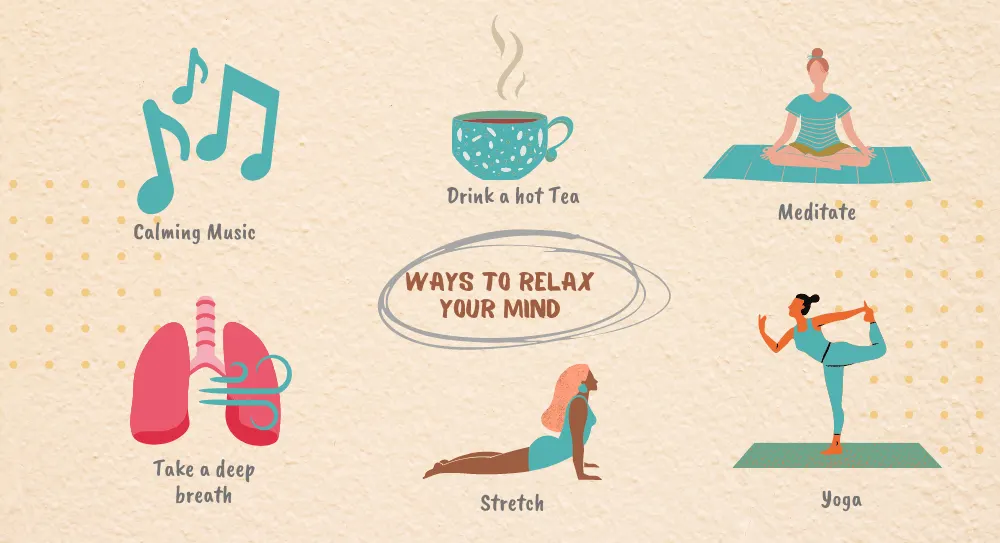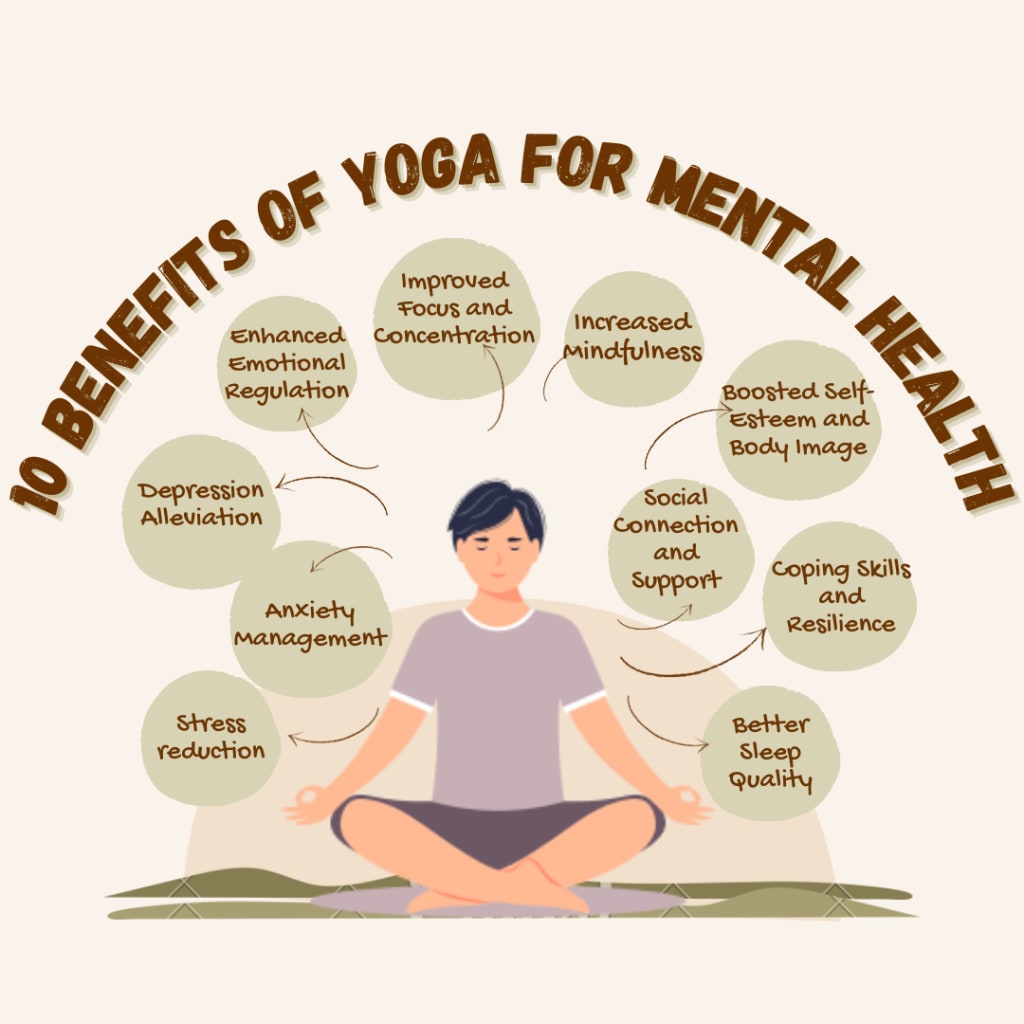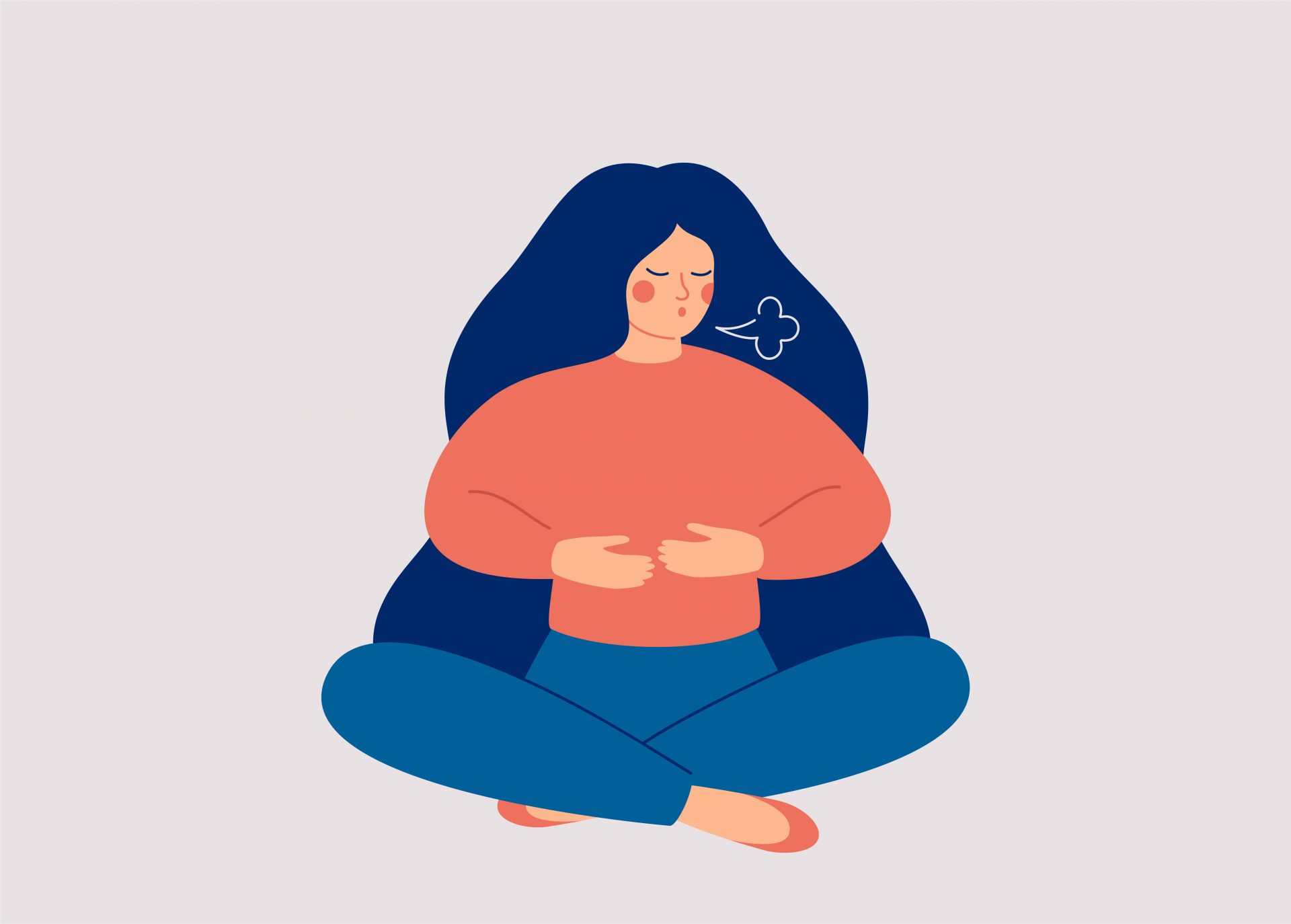Suspendisse volutpat elit nec nisi congue tristique eu at velit urabitur pharetra exnon ullamcorper condimentum.
Relaxation therapy benefits for mental health
January 15, 2024

Relaxation therapy, a set of techniques designed to help individuals reduce stress and anxiety, has gained significant attention for its positive effects on mental health. In this blog post, we will explore the various benefits of relaxation therapy and how it can be a vital tool in managing mental health issues.
Understanding Relaxation Therapy
Relaxation therapy encompasses a range of practices aimed at reducing psychological stress and promoting a state of calmness and tranquility. Common methods include deep breathing exercises, progressive muscle relaxation, meditation, guided imagery, and mindfulness practices. These techniques are grounded in the principle that mental relaxation can lead to physical relaxation, thereby reducing stress and improving overall well-being.

Benefits of Relaxation Therapy for Mental Health
- Reduction of Stress and Anxiety: One of the most immediate benefits of relaxation therapy is its ability to lower stress and anxiety levels. By engaging in relaxation techniques, individuals can activate their body’s natural relaxation response, which counteracts the stress response, leading to decreased heart rate, lowered blood pressure, and reduced muscle tension.
- Improvement in Mood: Regular practice of relaxation techniques can lead to an improvement in overall mood. This is partly due to the release of endorphins, the body’s natural mood elevators, during relaxation exercises.
- Enhanced Cognitive Function: Relaxation therapy can also positively impact cognitive functions such as memory, concentration, and decision-making. Stress and anxiety often cloud thinking, and by alleviating these, relaxation therapy can lead to clearer and more focused thought processes.
- Better Sleep Quality: Many who practice relaxation therapy report improved sleep patterns. Techniques like deep breathing and meditation can help quiet the mind, making it easier to fall asleep and stay asleep through the night.
- Management of Chronic Health Conditions: Stress is known to exacerbate chronic health conditions such as heart disease, diabetes, and gastrointestinal disorders. Through relaxation therapy, individuals can learn to manage their stress more effectively, potentially reducing the severity of these conditions.
- Increased Self-Awareness and Mindfulness: Regularly practicing relaxation techniques can enhance self-awareness and mindfulness. This increased awareness can lead to better emotional regulation and a deeper understanding of one’s thoughts and feelings.

Implementing Relaxation Therapy in Daily Life
Incorporating relaxation therapy into daily life can be simple and does not necessarily require a significant time commitment. Even a few minutes a day can be beneficial. Here are some tips for getting started:
- Start Small: Begin with short sessions of deep breathing or mindfulness and gradually increase the duration.
- Create a Relaxing Environment: Find a quiet, comfortable space where you won’t be disturbed.
- Be Consistent: Try to practice at the same time every day to establish a routine.
- Explore Different Techniques: Experiment with various methods to find what works best for you.
- Seek Professional Guidance: Consider working with a therapist or attending a class to learn relaxation techniques.
Relaxation therapy offers a multitude of benefits for mental health, from reducing stress and improving mood to enhancing cognitive function and sleep quality. By incorporating these practices into daily routines, individuals can experience significant improvements in their mental and physical well-being. Remember, the key to success with relaxation therapy is consistency and finding the right technique that resonates with you.
discover yourself
,healthy body
,understanding your mind



